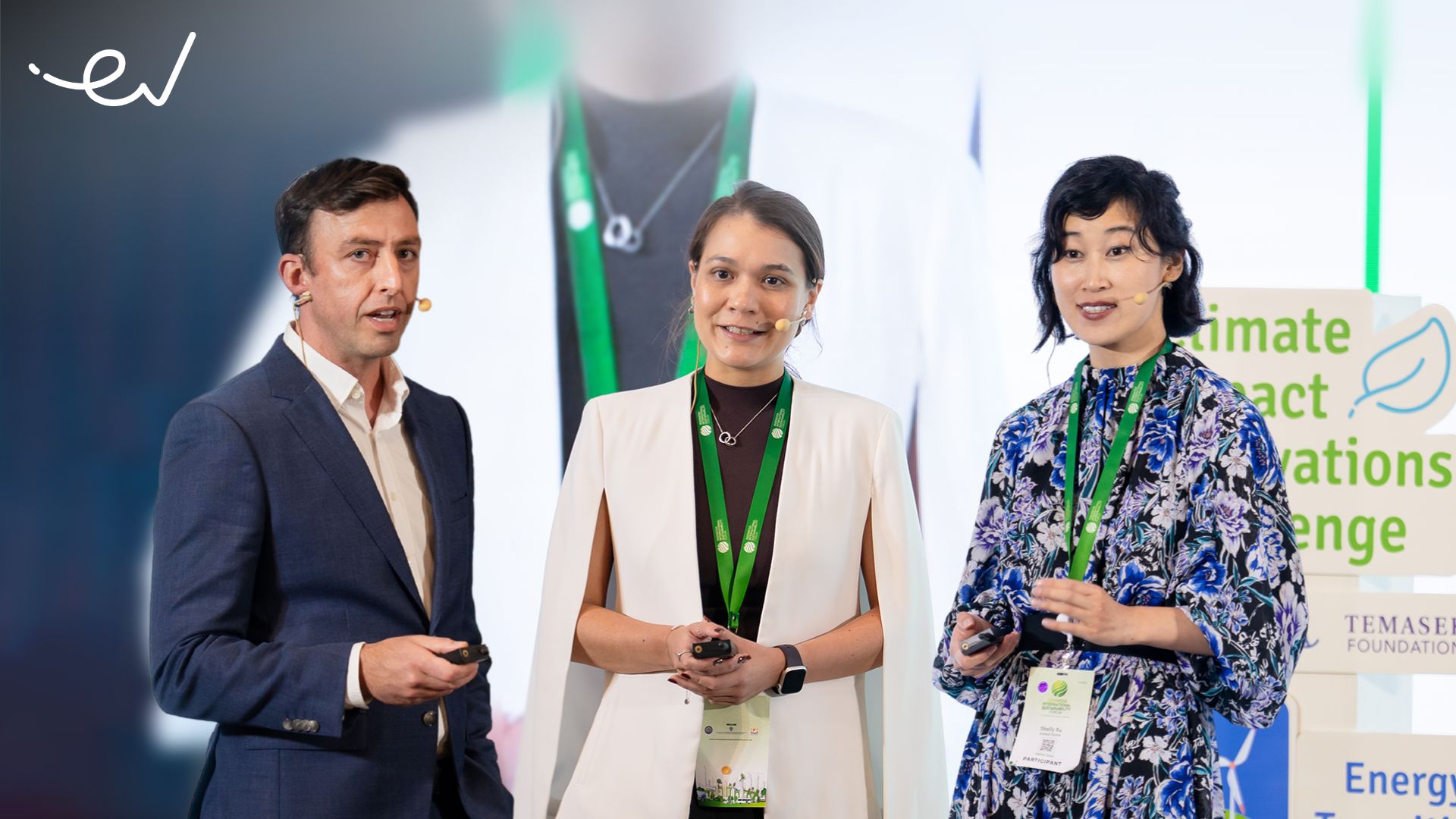In 2022, Indonesia is entering its golden digital economy era. For the past two years, the digital industry is experiencing rapid growth as a result of the pandemic acceleration. Not only did the internet penetration increase significantly, but society’s awareness to further utilize the digital sector as an economic propeller also escalated.
Throughout the pandemic, every high-touch activity has been forced to shift to virtual. People transact through marketplace or e-commerce, and online payments have become the safest and best option. Logistics delivery has also grown more innovative with a variety of options following the variety demands of society. Financial access has also become more accessible and evenly distributed. Doctor consultations became easier as they are now live online. This new behavior will remain, and it is what we call the ‘new normal’.
This condition continues to advance the Indonesian economic growth to recover and become more stable. This is also supported by many government efforts to stabilize the economy during the time of crisis, such as handling the COVID-19 spread, both by practicing healthcare protocols and accelerating vaccination programs. Hence, we hope that this pandemic condition will soon be under control and transform into an endemic.
Once these conditions are achieved, Indonesia is certain to begin its digital golden era this year.
East Ventures believes that the golden digital moment should also be evenly beneficial to all regions across the country, as technological innovation aims for economic equality between regions.
That is why East Ventures is committed to providing a digital competitiveness mapping of all 34 provinces in Indonesia, through the East Ventures Digital Competitiveness Index (EV-DCI) for the past two years. The EV-DCI report is not a comparison of digital competitiveness between each region, and instead, is the guidance for all stakeholders, including government, regulators, business players, and investors, to continue putting efforts in further enhancing the digital pillars and bettering the supporting pillars in the digital economy sector, to create an even distribution of digital economy in every Indonesian region.
This year marks the third EV-DCI report. East Ventures collaborated with Katadata Insight Center and PricewaterhouseCoopers (PwC) in providing an even more comprehensive report. Not only did we map the digital competitiveness index, we also did a survey of companies’ perspectives about Indonesia’s digital competitiveness. Moreover, this latest edition also provides the perspective and growth potential of each sector, where business players and other stakeholders can further explore and enhance their business potential in the future.
In this 2022 report, we also invited the stakeholders within the digital economy sector to give their perspectives, whether from the government, regulators, big corporations, and even startups. We would like to thank all of those who have contributed to the making of this report: Coordinating Minister for Economic Affairs Airlangga Hartarto, Coordinating Minister of Maritime and Investment Affairs Luhut Binsar Pandjaitan, Minister of State Owned Enterprises (BUMN) Erick Thohir, Minister of Cooperatives and Small and Medium Enterprises Teten Masduki, Minister of Health Budi G. Sadikin, Minister of Tourism and Creative Economy Sandiaga Uno, Mayor of South Tangerang Benyamin Davnie, Chairman of Indonesian Chamber of Commerce and Industry (KADIN) Arsjad Rasjid, and other business players as well as startup founders.
This year, we observed that the digital competitiveness between provinces has become better and more even. For three consecutive years, DKI Jakarta ranks first in the digital competitiveness index. Meanwhile, the digital competitiveness of other provinces has also risen, some even significantly. This is supported by the immense growth of some of the pillars, namely the human resources and digital literacy, Information, Communication and Technology (ICT) expenditure supported by the wage increase in the digital economy sectors, as well as the awareness of digital utilization for entrepreneurship and productivity. Other factors such as the digital infrastructure, finance, and government regulations also support the even distribution of digital competitiveness between provinces.
Strengthening the foundation towards Indonesia’s digital golden era
Initially, the pandemic brought the digital sector and startups to a pause, and pulled them back from its initial pace. However, the digital sector can eventually speed up and enter its golden era.
This year, the key building pillars have been formed to drive the move towards achieving Indonesia’s digital economy golden era. Those pillars are the ICT infrastructure, Digital Government, Digital Society, Digital Business, and Sustainable Digital Economy. The ICT infrastructure is a fundamental aspect to strengthen Indonesia’s readiness to compete in the 4.0 industry era.
The ICT infrastructure pillar is a fundamental aspect in strengthening Indonesia’s readiness to compete in Industry 4.0.
The Digital Government pillar, where the government role is crucial in the making of policies and regulations, must be agile in facing the rapidly changing world. Meanwhile, the Digital Society pillar will be achieved when society upskills their digital literacy to support the economy.
In businesses, we witnessed that several sectors have experienced an improvement in their business performance as they adopt the digital into their business, including e-commerce, logistics, healthcare, edtech, tourism, and fintech. Digital transformation has increased their business performance by enhancing its efficiency and agility. Digital economy also has improved the growth of the creative economy, which made the sector more resilient during the pandemic.
To realize the immense potential of the digital economy, stakeholders need to accelerate the integration of Environment, Social, and Governance (ESG) principles into their strategies. Business leaders need to reassess their value chain to identify risks to the environment, society, and community. If we strengthen all these key building pillars, Indonesia can soon realize a digital golden era that is even and sustainable.
Promoting a sustainable digital economy by even distribution of digital competitiveness
As time goes by, the awareness to encourage sustainable digital growth is increasing. A significant increase in the digital economy is not enough, it has to be balanced by taking its impacts to the environment, society, and government, into consideration.
Technology was not created to only gain a maximum amount of profit, but it also plays a big role in creating a wider access and even distribution of economy to the society, as well as protecting the environment and Earth.
Thus, East Ventures sees how important it is to implement the ESG aspects in decision making, business strategies, as well as work culture. Encouraging a sustainable and inclusive digital economic growth is our combined effort. The digital competitiveness platform is available. Now, a part of the sustainable digital economic growth is to equalize the digital competitiveness in each region. No one shall be left behind. Let us work together in realizing digital equality for all Indonesians.







